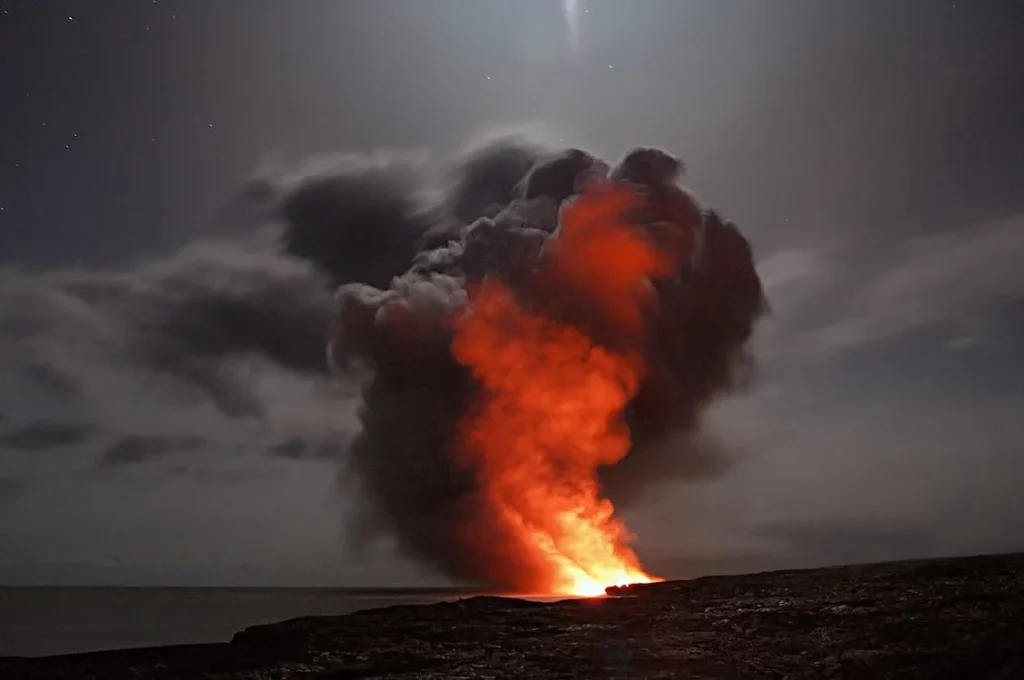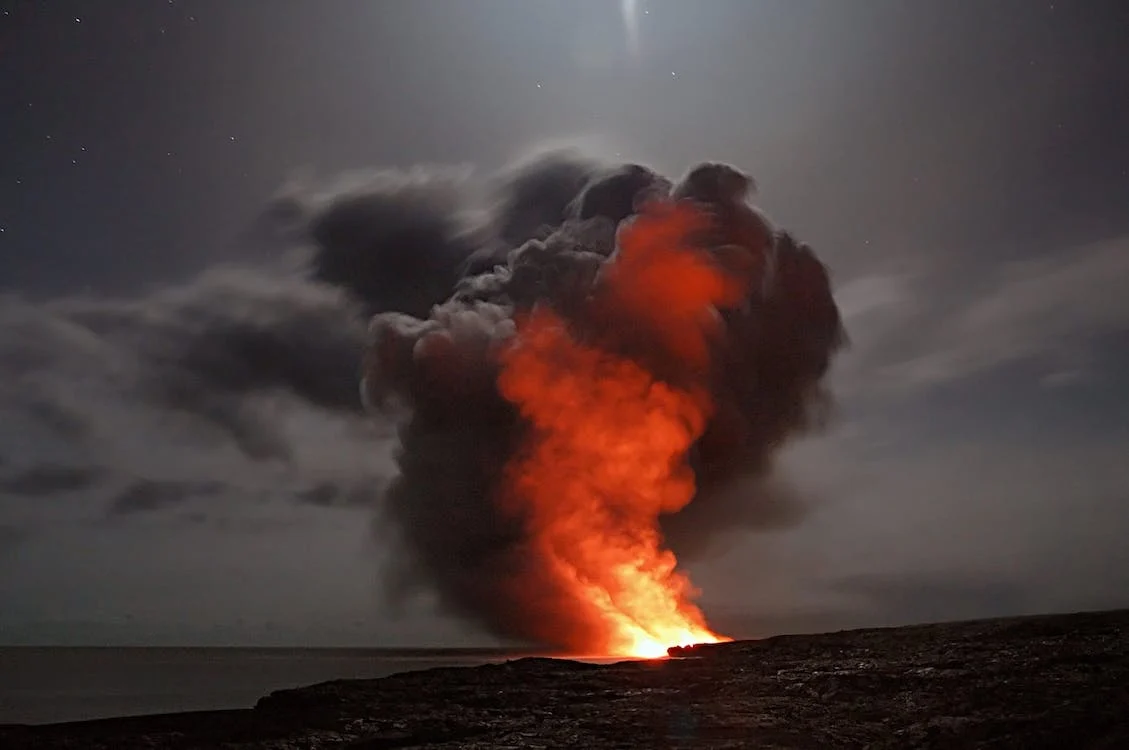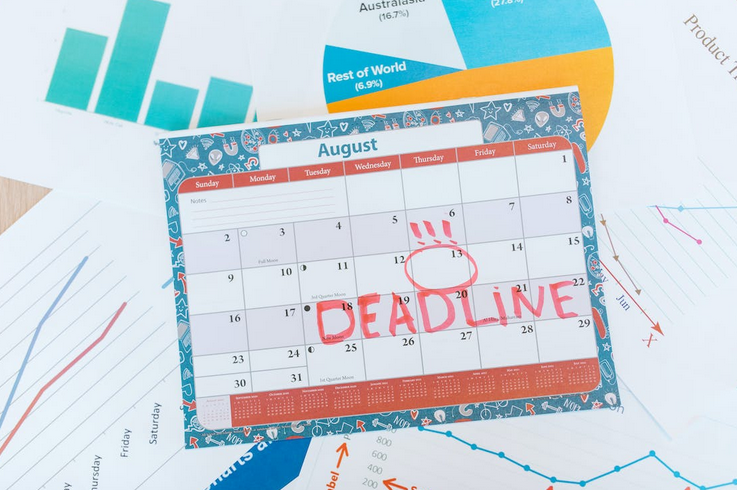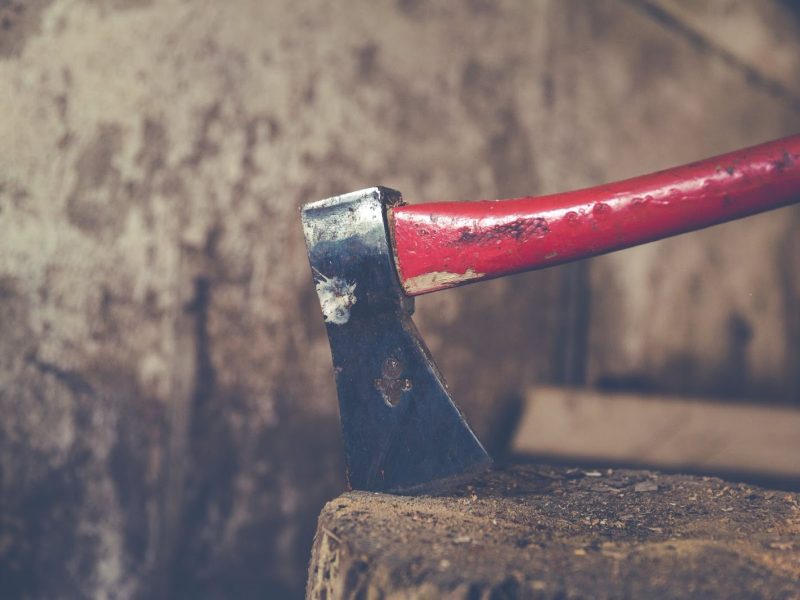2022 what a year. We’re at war in Europe again. People are murdered, flee, freeze to death, starve, are afraid just because outdated ideologies and fantasies of omnipotence are striving west. Dictatorships threaten with nuclear weapons. The arms industry is booming. Afghanistan is abandoned and within a few months any equality movement is bombed back to the Middle Ages by religious fanatics. In Iran, people are murdered by execution for expressing their opinions – again by religious fanatics. Fascists form governments in Europe. The energy crisis is pushing people to the limits of their existence. Jobs are lost, bills can no longer be paid. Covid19 and the climate catastrophe are continuously making their contribution, and all this on top of the many global crises and unrests that have been raging around the world for years.
No, 2022 was not really fun!

Fortunately, aside from the global mainstream catastrophe news, there are still things that can make you look positively to the future.
Did you know that since 2022 the government in the Netherlands consist of 50% women ?
Or that Israel allowed surrogacy for singles and queer couples ?
In the 2021/22 season, the gray seal, which has almost been wiped out, has the highest number of offspring on Helgoland since counting began in 1996, which was achieved through various nature conservation measures.
The Marine Protected Area of the Galapagos Islands – the area that gave Charles Darwin the impetus for his theory of evolution – has been expanded. Additional areas in Panama, Colombia and Costa Rica are now protected and protect, among other things, the migration routes of rare animal species.
Autonomous agricultural robots use lasers to destroy weeds and help avoid the use of pesticides.
The suspected carcinogen titanium dioxide (E171), which was used in sweets, desserts, baked goods, salad dressings and other foods, was banned in the European Union in 2022.
The shipping company MSC, as one of the leading companies in container shipping and logistics, changed its transport routes, to protect sperm whales, whose population has dropped to fewer than 200-300 animals in recent decades, partly due to the propellers of large ships in the Mediterranean.
Shortly thereafter, in February, the Icelandic government decided to end whaling in its regions by 2024.
In March the German federal government overturned the controversial paragraph 219a, which previously prohibited doctors from providing information about abortions.
Since April, newborns in Italy no longer have to automatically take their father’s name, but can also use their mother’s. This violation of European human rights was eliminated by the Constitutional Court in Rome.
In May, the Church of Scotland allowed same-sex Protestant couples to marry.
And speaking of the Church: the cultural reform published by Pope Francis in March has been in effect since June, according to which women are now also allowed to hold the highest curial offices and ministries in the Catholic Church. Only 2000 years. Dear church, that was fast.
Also in June, the Spanish government banned food waste, approving a bill that would impose fines of 20000 – 60000 euros on companies that produce avoidable food waste. The law is scheduled to come into force in 2023.
In July, it was announced that half of the electricity in Germany is already produced ecologically.
.
In August, Swiss researchers presented a zinc and paper-based battery that is largely biodegradable. The project could solve one of the major problems of the future: the environmentally friendly disposal of more and more batteries.
Since September 1st, Deutsche Bahn’s first regional train has been running on biofuel , enabling a reduction in CO2 emissions of up to 90%.
In October, the Danish government decided to end environmentally damaging trawling.
In November, the World Olympic Association decided to remove equestrian discipline from the Olympic pentathlon and to replace it with an obstacle course (without animals).
And in December, the European Union decided that palm oil, soybeans and cocoa could only be imported into the EU if no rainforests were cleared for their cultivation.
Maybe not everything was so bad in 2022 after all, and maybe that will give us the courage to look positively to 2023. With a little luck, the crises will be fewer and the good news more and more. And perhaps each and every one of us can do something to help make this happen.
In this sense, I wish everyone a Merry Christmas and a healthy and happy year 2023.


